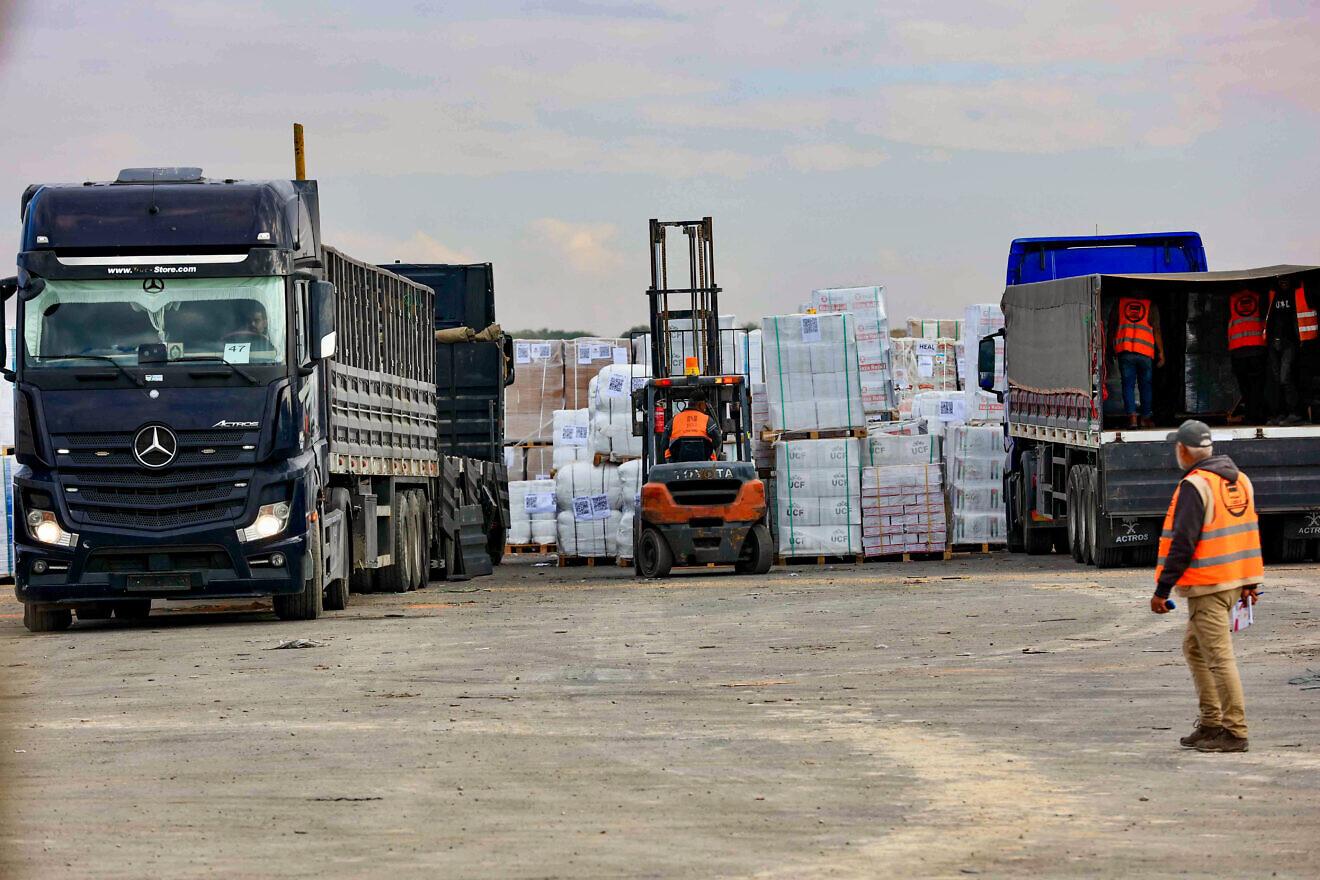
Hamas sells aid to Gazans, uses profits to pay operatives
Hamas continues to pay its operatives regular salaries 15 months into its war with Israel, despite Israeli Cabinet efforts to dismantle its governing infrastructure, Israeli security sources confirmed this week.
The organization has established a systematic operation for intercepting humanitarian aid shipments destined for Gaza residents. Armed operatives commandeer supply trucks carrying internationally funded cargo transported by the Israel Defense Forces, then resell essential supplies at premium prices to the local population.
“The resale of international aid has become their dominant revenue stream,” a senior security official told Israel Hayom. These proceeds finance both current salaries and new recruitment efforts targeting Gaza youth.
While the closure of the Philadelphi Corridor along the Gaza-Egypt border and suspension of private commerce has eliminated major funding channels, the official noted that “Hamas maintains its recruitment capabilities through aid-generated revenue.”
The Israeli political establishment, while broadly aligned on the need to revise current aid policies in Gaza, has yet to develop concrete plans for implementation following U.S. President-elect Donald Trump’s Jan. 20 inauguration.
Israeli Defense Minister Israel Katz, who championed the initial Gaza blockade following Hamas’s Oct. 7 assault, declared at the time, “For years we provided Gaza with electricity, water and fuel, and instead of gratitude, they dispatched thousands of human animals to slaughter, murder, rape and kidnap babies, women and elderly. We’ve halted these supplies, and their local power plant has failed. We’ll maintain pressure until the Hamas threat is eliminated.”
However, the blockade strategy collapsed under pressure by the Biden administration and concerns over potential disruption to American ammunition supplies. Israel’s leadership now anticipates that Trump—who recently warned that unless the hostages were released before he is sworn in, “there will be all hell to pay in the Middle East”—may be more receptive to significant reductions in aid supplied to Gaza.
Source » jns.org





